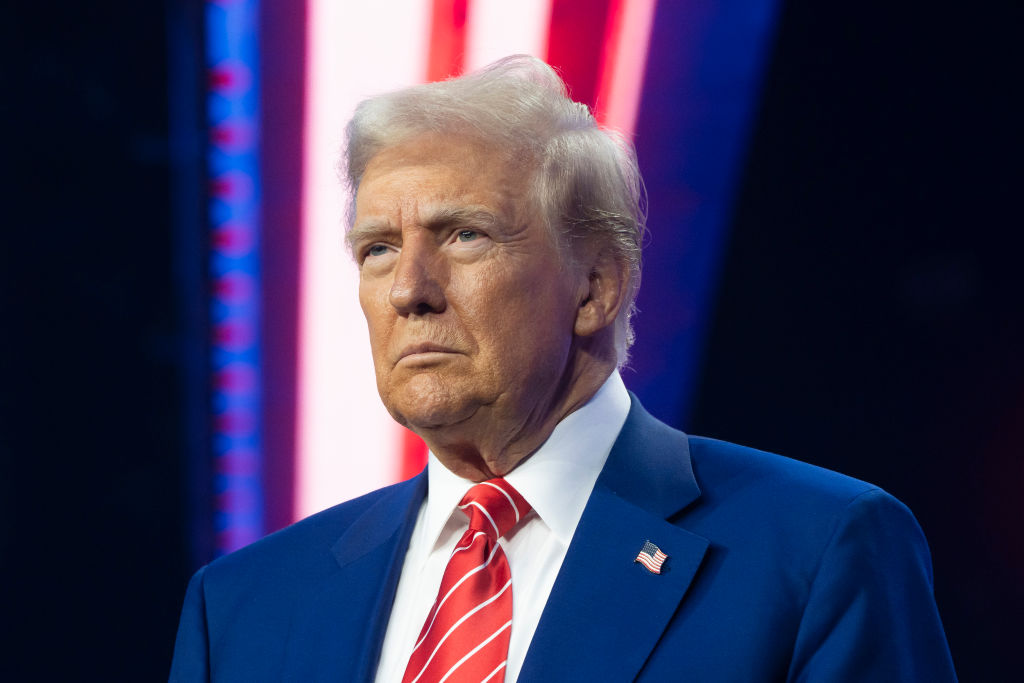Judge Juan Merchan rejected Trump’s attempt to dismiss the case.
President-Elect Donald Trump is attempting to halt proceedings in his business records case, with his attorneys stating that they intend to file an appeal to reverse a decision setting sentencing for Jan. 10.
Trump’s request came on Jan. 6, just days after New York Supreme Court Justice Juan Merchan’s Jan. 3 decision to reject Trump’s request to dismiss the case.
Merchan said in his Jan. 3 order that he wasn’t inclined to impose a prison term on the president-elect. Citing concerns about presidential immunity, he also said that “a sentence of unconditional discharge appears to be the most viable solution to ensure finality and allow the Defendant to pursue his appellate options.”
Merchan rejected the idea that the Presidential Transition Act, the supremacy clause of the U.S. Constitution, or presidential immunity—each of which had been cited by Trump’s legal team—required vacating the jury’s verdicts or dismissal of the indictment.
Trump’s lawyers argued that their appeal should trigger what’s known as an automatic stay, or pause, in the proceedings. If that doesn’t happen, they argued, Merchan should then grant a pause and prevent sentencing from happening on Jan. 10 as scheduled.
“Today, President Trump’s legal team moved to stop the unlawful sentencing in the Manhattan D.A.’s Witch Hunt,” Trump spokesman Steven Cheung said. “The Supreme Court’s historic decision on Immunity, the state constitution of New York, and other established legal precedent mandate that this meritless hoax be immediately dismissed.”
In May 2024, a jury found Trump guilty of 34 felony counts of falsification of business records in the first degree.
Merchan’s order came after the dismissal of special counsel Jack Smith’s federal cases against Trump in Florida and Washington. Trump’s other state-level criminal case in Georgia saw an appeals court disqualify the prosecutor, Fani Willis. More recently, an appeals court affirmed a verdict in a civil suit that found Trump liable for sexually abusing writer E. Jean Carroll.
Congress is scheduled to certify Trump’s election on Jan. 6, and he’s headed for inauguration on Jan. 20. Merchan said that Trump had presented a novel theory of presidential immunity for presidents-elect and that current precedent didn’t require the case’s dismissal.
In December 2024, Merchan rejected Trump’s various immunity-related objections to the evidence used during trial.
He said that Trump waited too long or failed to preserve objections to evidence and that information related to both preserved and unpreserved arguments did not receive protection under the doctrine of presidential immunity.
“This Court … finds that the evidence related to the preserved claims relate entirely to unofficial conduct and thus, receive no immunity protections,” Merchan wrote in his opinion.
The Associated Press contributed to this report.

